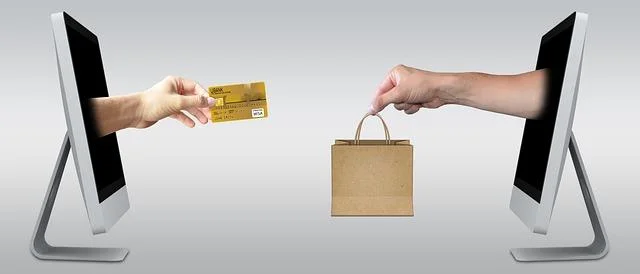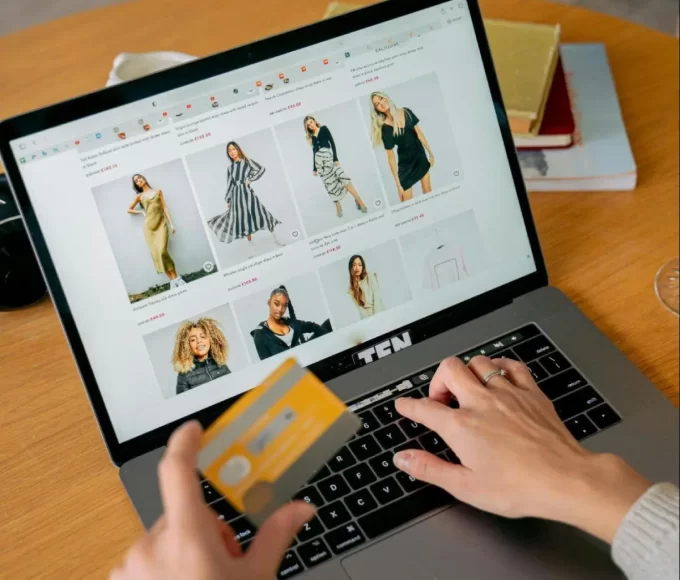Statistics suggest that 70% of Americans currently shop online, which shows how common online transactions have become. While transacting online offers convenience to customers and business owners, it comes with some security concerns. With the increase in cybercrime, ascertaining the security of your digital transactions has become more vital than ever. Discussed below are four ways to stay safe while transacting online.
1. Use a legitimate website
Checking a website’s legitimacy before transacting is key to ensuring you don’t fall prey to scammers. To tell if a website is legit, consider:
- Studying the address bar and URL: A legitimate website should have an ‘s’ in its URL. It should be ‘https’ not ‘http’
- Investigating the SSL (Secure Sockets Layer) certificate: If your browser displays a padlock symbol in the address bar, it implies it has an SSL certificate. If you buy Bitcoin, make any other purchases, or send money online, the SSL certificate will develop a secure link between the site’s server and your browser. This will ensure your sensitive data, including login details and credit card numbers, are securely transmitted
- Checking the site for poor spelling or grammar: While sites can have typos, they’re rare on legit websites
- Checking the website’s privacy policy: A legitimate website should have a link to its privacy policy at the bottom of each page
2. Beware of phishing scams
Phishing is a method in which cyber criminals trick users into sharing their personal details. You’ll receive fraudulent texts or emails from people pretending to come to big organizations you trust or know with the aim of stealing your credit card information, online banking logins, or passwords. Phishing scams can lead to identity theft and loss of money and data. If you suspect you’ve received a phishing link, avoid clicking on it and contact your telecommunications provider or email provider for guidance on blocking phishing texts and emails in the future.
3. Avoid using public Wi-Fi
Using public Wi-Fi when transacting online can result in your identity getting stolen. If you aren’t using a VPN to hide your data, hackers can easily unearth sufficient details about you to develop targeted phishing emails and cyberattacks. During their snooping, they can also discover comprehensive financial information regarding your credit and bank accounts and personal information about you, such as your marital status and job.
To ensure cybercriminals don’t get a chance to steal your personal and banking information, avoid using public Wi-Fi. If you’re out somewhere and wish to transact online, use a secure internet connection to keep hackers from accessing your banking applications and other apps.
4. Opt for a credit card, not a debit card
Although you can use debit and credit cards when transacting online, credit cards are more secure. This is because a debit card lets you spend directly from your checking account, and you must enter a PIN after tapping or swiping your card. A cybercriminal can access that PIN and steal your money or account details. Consider using your credit card as much as possible when transacting online because they provide fraud liability safeguards that debit cards don’t. Credit cards aren’t tied to your bank account and don’t require a PIN. You can further increase online transaction safety by adding your credit card to a virtual wallet.
Endnote
While digital transactions are convenient, they come with some security risks. Use these tips to stay safe while transacting online.















